Shorten disliked and Labor loaded up with taxes
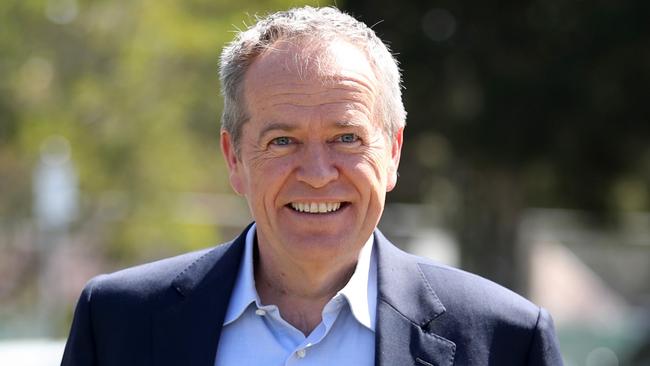
If you were over 55, Labor was putting its hand in your pocket. If you were approaching 50 with an eye to your future, you were in the same boat. Labor, which always has to overcome the narrative of being the party that spends and taxes too much, deliberately and with gusto overloaded its saddle bags with unpopular policies and paid the price.
READ MORE: ALP draws level as drought hits hard | Albanese clueless on election polling | Dennis Shanahan writes: Libs in clover, lessons of leadership learnt | ‘I got it wrong’: Shorten was a vote loser | Labor axed for failing to listen | | Albanese - voters resented Shorten agenda | ‘Mad panic under the water’
The other problem was that the mob never liked Bill Shorten. A year out, you knew that Labor had to win despite him rather than because of him. Becoming Labor leader comes after you have taken a hard road. Deposing a Labor leader requires an even harder road to be taken.
While the evidence that he was a brake on Labor’s voter potential was pretty clear, it obviously did not appear so to Shorten. It never does to unpopular leaders. They never walk, they have to be pushed. Being blind to your own unpopularity is as understandable as it is futile. You can pretend all is OK for some time but eventually the brutal reality of politics is that either your mates or the electorate ensure your removal. It is never neat or tidy.
By far the biggest issue for Labor going forward is how to manage inner-city activists alongside blue and white-collar workers. The anti-Adani mob always faced an uphill battle convincing voters that a mine hundreds of kilometres inland was going to cause permanent damage to the Great Barrier Reef.
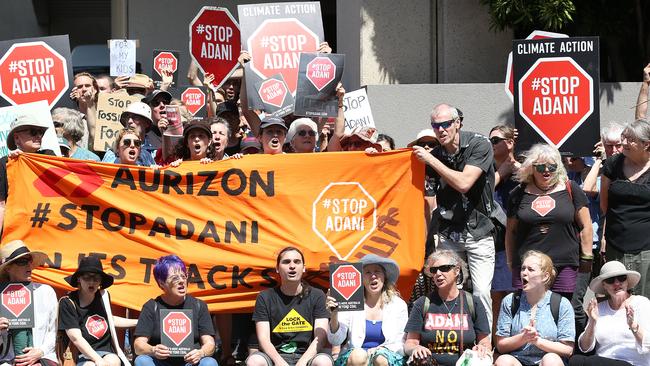
In uncertain times the only certainty workers want is that they will still have a job. Scott Morrison, the ultimate manager, has their confidence but in politics confidence is not eternal. It peters out when things go poorly. In Morrison’s case, the gods have conspired to keep economic momentum moving along even if not at a cracking pace.
Labor was not helped by the antics of the wealthy Clive Palmer. He is believed to have spent perhaps $70m doing two things: promoting his name to the point where the few who had time for him wished he would just shut up; and directing preferences against Labor, which caused some harm.

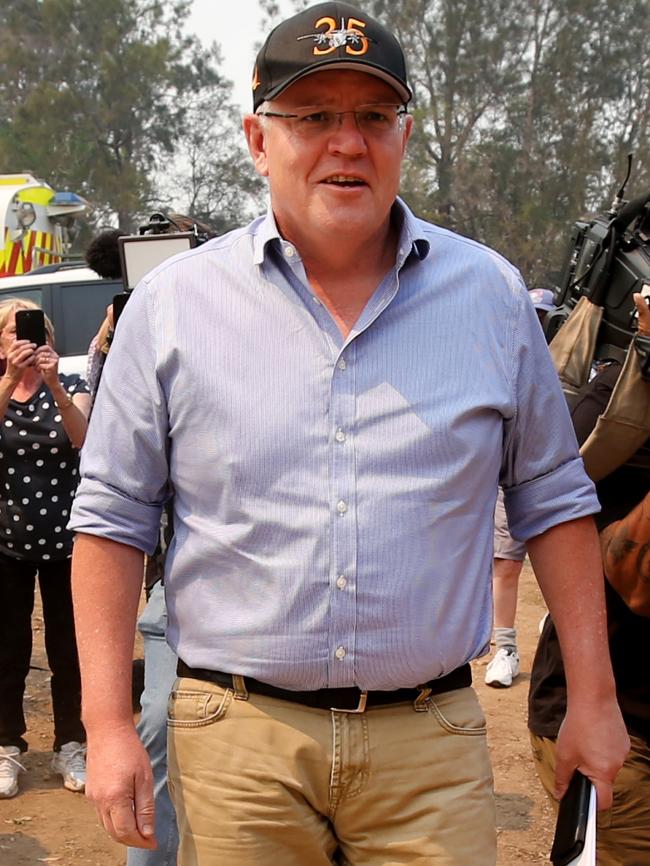
Morrison presented Labor with a problem it was hopelessly ill-equipped to deal with. He was a nice guy. He had the ordinary suburban life Australians are happy with. You could not attack the man and he had very few policies of his own, so he was just about immune from political attack as well. He was never the tough guy with the hardline rhetoric. He wasn’t just a small target, he was minuscule. So far he has not been tested under fire. The economy may not be setting records but it’s not breaking too many hearts either. That is just how this PM wants it. Steady as she goes.
One sentence of the ALP review tells a real story: “There is some evidence of policies and messaging that was crafted by the central campaign in isolation from State and Territory branches.” One criticism of Shorten himself was that he lacked discipline. When confronted with a local problem, he would take the easy route and promise to fix it. The promises add up and, when combined with suspect arithmetic from the government, could be turned into damaging headlines. I would not be too hard on Shorten over this. I have not known too many leaders who have been able to resist being the good guy. Everyone wants to be loved and none more so than a pollie on the make.
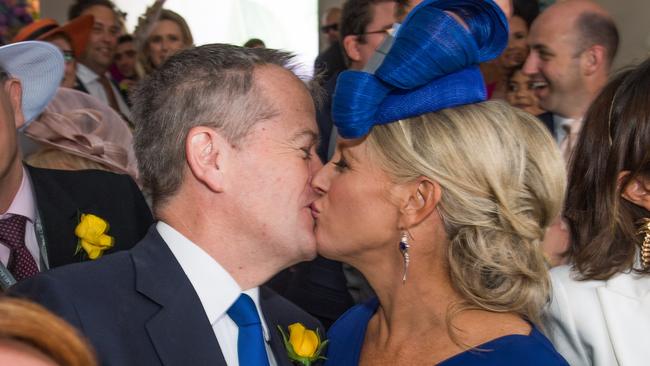
Labor’s relationship or, more correctly, lack of it, with Christianity is becoming a problem with voters. Labor is seen as somewhat ungodly and Christians are finding the party less friendly than in previous eras. The NSW branch was heavily Catholic in the 1950s and that tradition lasted well into the 1990s. As fewer and fewer Australians attend church services on a Sunday, it is easy to forget that those who worship are still formidable in number.
The recommendation that “high-wealth individuals” such as Palmer should be stymied in their attempts to buy election victories is laudable but difficult to enforce. Never before have we had one of our wealthiest citizens set out to buy an election as audaciously as this man. While he may not accept the fact that most people see him as a jerk, he is deeply unpopular. When he was throwing holidays in Fiji and Mercedes Benz cars at his workers he was a hero. When he shut down Yabulu Nickel his true colours were revealed.
The likes of Gina Rinehart and Andrew Forrest have never sought to intrude themselves into our democracy in the crude manner chosen by Palmer. In the past, trade union donations to Labor matched business donations to the Liberals. Then along came Palmer, who threw massive sums of money, the likes of which we had never seen, at election campaigns. His grotesque attempts to buy elections should concern us all. Democracy is too important and too fundamental to be at the beck and call of the richest citizens.
What amazes me about Palmer is that he seems completely oblivious to the opprobrium in which he is held by most Australians. There are few Australians as unpopular and yet he remains undaunted. Apparently the massive rejection that his efforts to buy into politics has drawn has had no effect on him at all. Palmer lives in his own world and only sees and hears that which is positive. That, of course, means he sees and hears very little.
You can’t blame the Liberals for accepting his preferences. They knew the aroma around him was anything but pleasant, but all is fair in politics.

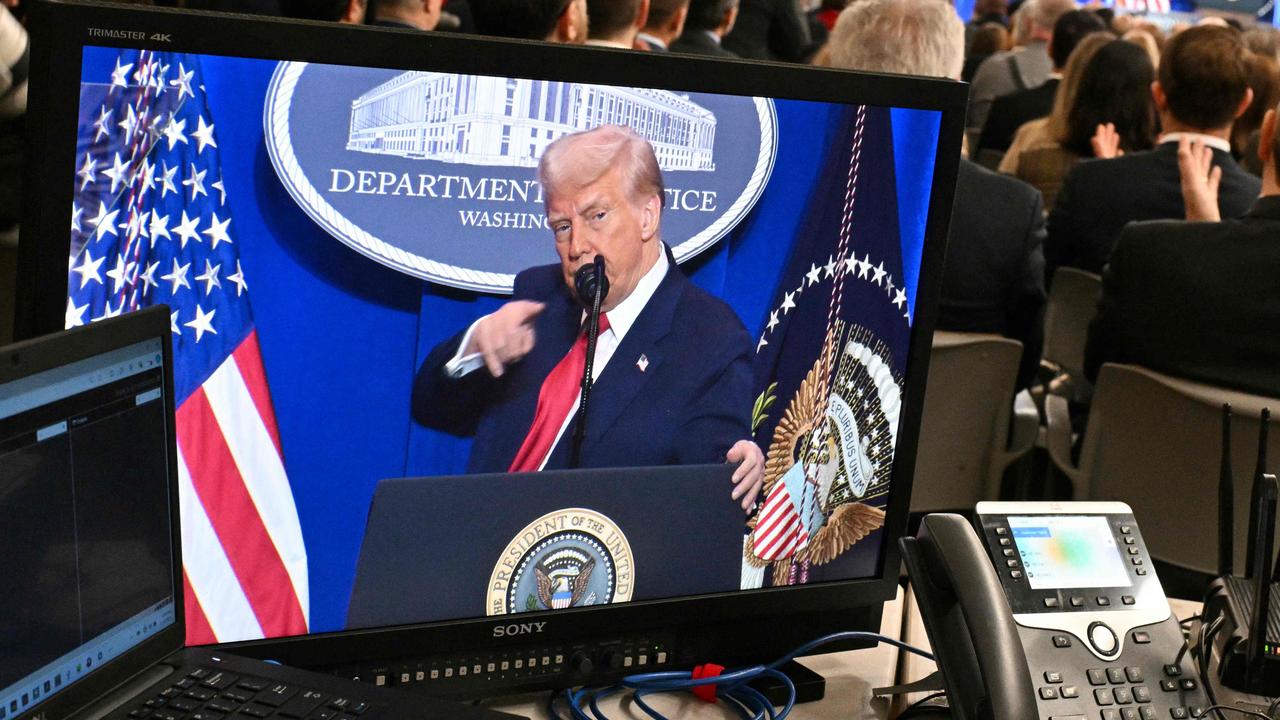
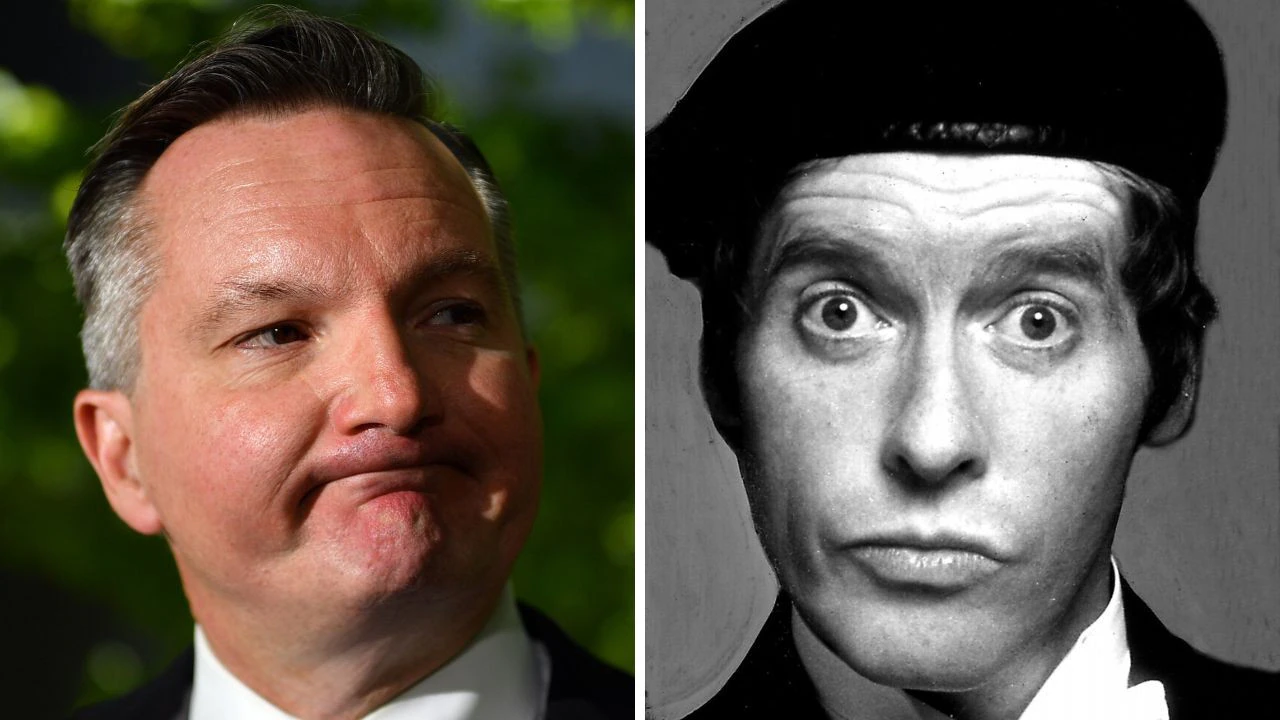
You hardly needed a high-powered review of the last election to know why Labor lost. Nobody has ever won an election promising to introduce a new tax, and Labor promised not one but two.